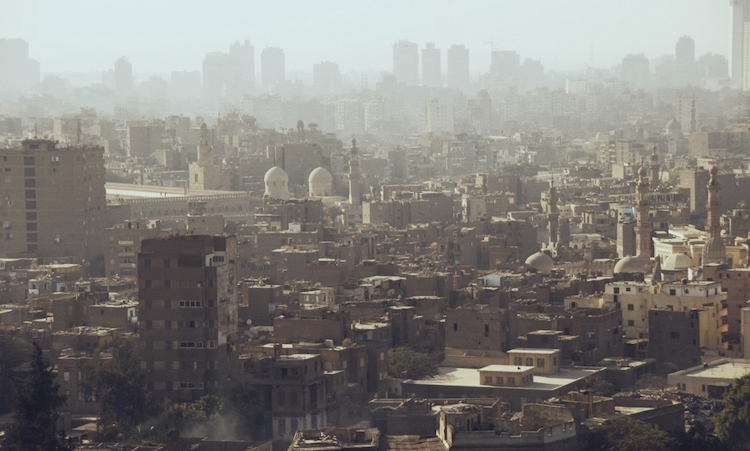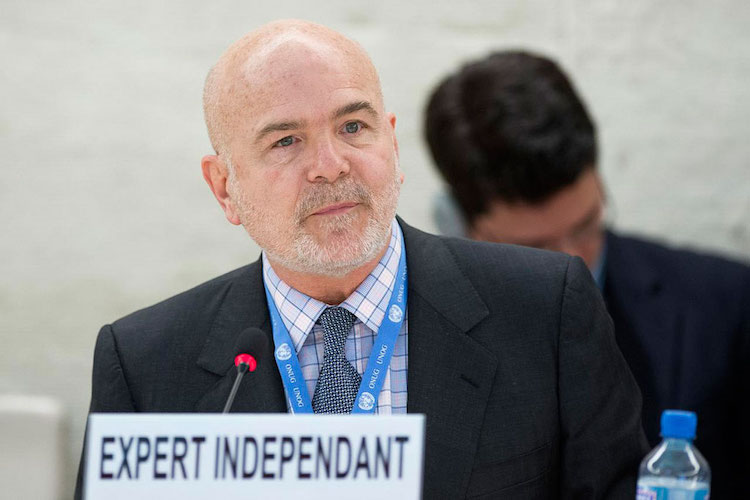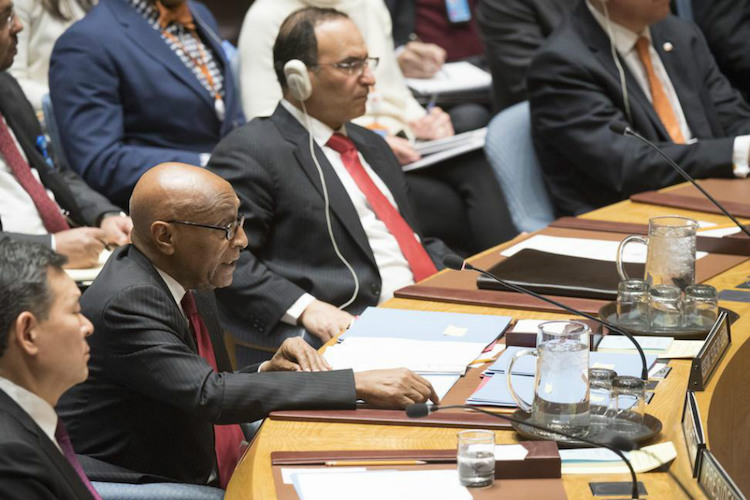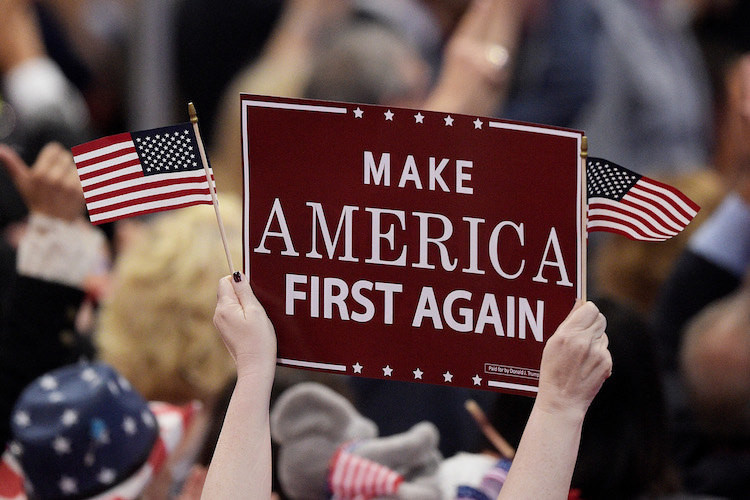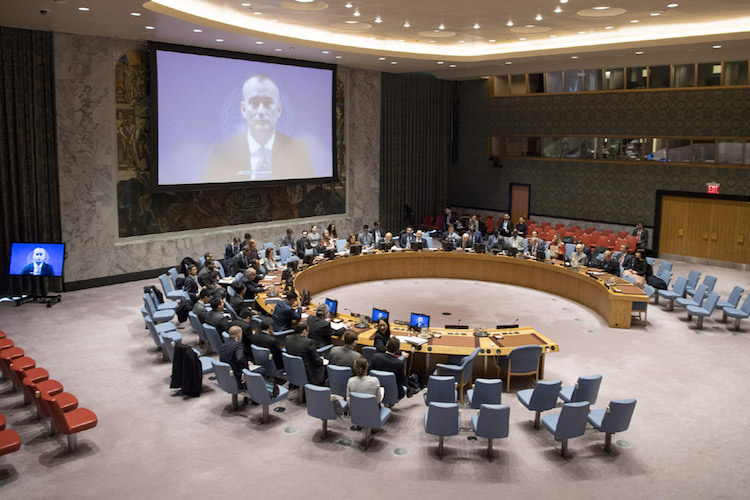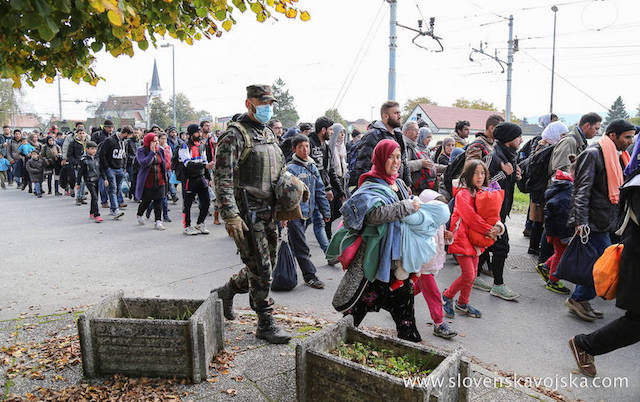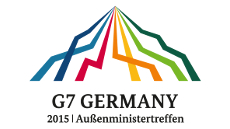By Sean Buchanan This is the fourth in a series of reports highlighting salient aspects of Transparency International‘s latest analysis on challenges posed by corruption around the world as well as successes and failures of efforts targeting a scourge that eats into the vitals of human rights. – The Editor. LONDON (IDN) – In a region […]
UN Agency in Talks with Israel on African Asylum Seekers
By Jaya Ramachandran GENEVA | TEL AVIV (IDN) – UNHCR, the UN Refugee Agency, is negotiating with Israel to resettle a portion of African asylum seekers in third countries deemed by the UN to be “safe,” perhaps including Western countries, in exchange for some of the refugees to be given permanent residency in Israel, according […]
UN Experts Censure Saudi Arabia for Human Rights Violations
By Jaya Ramachandran GENEVA (IDN) – Despite being elected as member of the Human Rights Council at the end of 2016, Saudi Arabia has “continued its practice of silencing, arbitrarily arresting, detaining and persecuting human rights defenders and critics,” according to a group of top United Nations human rights experts. “We are also seeking the […]
UN Asks Iranian Authorities to Address Legitimate Concerns of the Population
By Tayé-Brook Zerihoun Tayé-Brook Zerihoun is the Assistant Secretary-General for United Nations Department of Political Affairs. The following are extensive excerpts from his ‘briefing’ to the Security Council on ‘The Situation in the Middle East’ on 5 January 2018. UNITED NATIONS (IDN) – The protests in the Islamic Republic of Iran started on 28 December […]
U.S. Politics Increasingly Governed by Policy of Unilateralism
By Rodney Reynolds NEW YORK (IDN) – The politics of the Trump administration are being increasingly governed by the twin policies of unilateralism and isolationism. After Donald Trump was elected president in November 2016, he withdrew from a historic 2016 climate change agreement signed by 195 countries – and the only signatory to do so. […]
UN Envoy Expresses Hope and Concern About the Gaza Accord
By Santo D. Banerjee UNITED NATIONS (IDN) – A senior United Nations official has emphasized the urgency to resolve the humanitarian crisis in the Gaza Strip and to return the enclave to full civilian and security control of the Palestinian Authority (PA) as agreed in the Cairo accord on October 12, 2017, described as a […]
The Syrian War is Not Triggered by Syrians Alone
By Roberto Savio* | IDN-InDepthNews Analysis
ROME (IDN | Other News) – The U.S. Congress, under the valiant leadership of Republicans, has vetoed the entry of Syrian refugees, including women and children, into the United States against Obama’s intention to accept 10,000 – a symbolic amount in a country, which accepts over 50.000 refugees every year – while Germany is accepting at least 800,000 Syrians.
What is frightening is the total ignorance of the world behind that veto.
How Israel Contributes to Global Citizenship
By Mel Frykberg | IDN-InDepthNews Feature
HAIFA (IDN) – Israel has contributed to Global Citizenship in a number of ways including assisting students from developing countries to tackle development challenges, using the Jewish state’s experience in emergency situations to provide assistance and emergency relief around the world.
Iran: Moving Away From Hostile Confrontation at Home and Abroad
By Mohammad Mahdi Mojahedi* | IDN-InDepthNews Analysis
TEHRAN (IDN | Iran Review) – The true importance of the recent nuclear agreement between Iran and the P5+1 group of countries, more than being related to its text, should be seen in two other aspects of the deal. The first aspect is the process of the negotiations and the method that was “invented” through the negotiations, which led to this agreement. The second aspect is wanted or unwanted “outcomes” of the deal.
Invention of this useful negotiation process, along with the outcomes of the deal, will not only divide the history of international relations and Iran’s foreign policy into two parts – before and after the Vienna nuclear agreement – but is also a certain sign of the emergence of a new Middle East, which will come into being within the next couple of decades.
Due to clear geopolitical and geostrategic reasons, following the Constitutional Revolution in Iran, none of the policies of the world’s big powers in the Middle East could have been designed and pursued in the absence of due attention to Iran’s role. The Middle Eastern policy of big powers, especially during two world wars, in addition to all the developments that took place in the Cold War era, are good evidence to this fact.
No Signs Yet Of Mass Destruction Weapon-Free Middle East
By Ramesh Jaura | IDN-InDepthNews Analysis
BERLIN (IDN) – In run-up to the four-week-long quinquennial review of the landmark Nuclear Non-Proliferation Treaty (NPT), the goal of a Middle East free of the weapons of mass destruction (WMD) and their means of delivery remains a distant dream. And so does the Helsinki Conference that should have been convened in December 2012.
All indications are that also the Foreign Ministers of the Group of Seven (G7) influential countries of the world – Canada, France, Germany, Great Britain, Italy, Japan, and the United States – do not see a silver lining on the horizon. They met ahead of G7 summit June 7-8.

